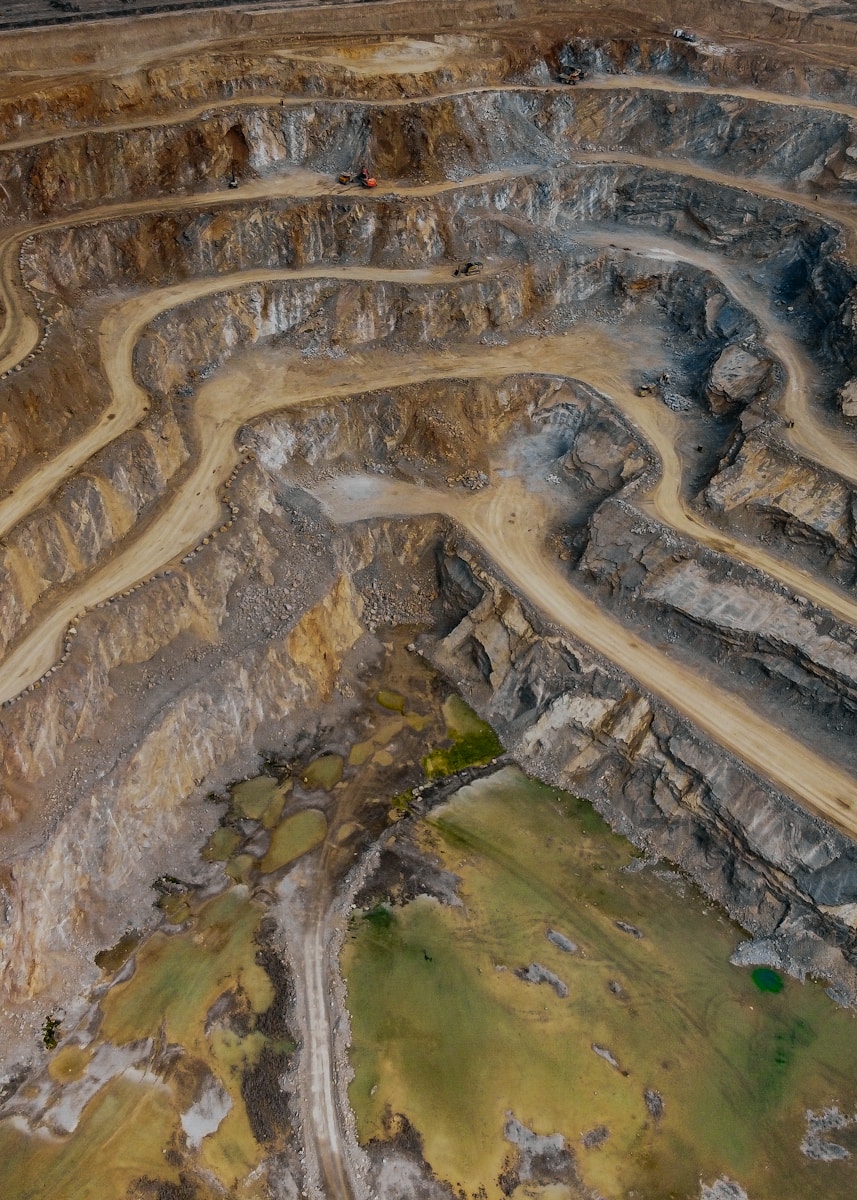
In recent years, reports have revealed how banks mining connections fuel major environmental and social crises worldwide. While global banks often promote sustainability in their mission statements, their continued financial support for large-scale mining projects tells a very different story. These investments are tied to forest destruction, climate change, water pollution, and widespread social injustices. The gap between banks’ promises and their actual actions has sparked heated global debates about accountability, ethics, and responsibility.
The environmental footprint of extractive industries is enormous, and financial institutions sustain it through ongoing investment. Massive deforestation to create open-pit mines, destruction of biodiversity, and long-lasting soil damage are some of the direct consequences. Banks claim to follow “green principles,” yet the continued funding of destructive mining contradicts those claims. Environmental experts stress that unless financial flows are redirected, the ecological collapse in many mining regions will accelerate.
The social consequences are equally devastating. Projects financed by major banks often result in displacement of indigenous communities, labor exploitation, and even human rights violations. Families lose ancestral lands, while vulnerable workers face unsafe conditions with minimal pay. Human Rights Watch has repeatedly warned about the deep social harms linked to irresponsible financing, showing that harmful mining finance is not just an environmental issue but a humanitarian crisis.
Mining is one of the most carbon-intensive industries, and the financial backing from global banks intensifies the climate crisis. Coal mining, in particular, continues to attract billions in investments despite international pledges to reduce fossil fuel reliance. The contradiction is clear: while banks sign climate agreements, their portfolios tell a different story. Climate activists argue that without cutting these ties, the Paris Agreement goals will remain out of reach.
The exposure of these practices has led to global debates about financial accountability. Regulators, NGOs, and governments are pushing for stronger oversight of mining investments. Questions arise about whether voluntary sustainability pledges are enough, or if legally binding restrictions are needed. Many experts believe that only enforceable laws can ensure banks prioritize people and the planet over short-term profits.
Mining operations consume vast amounts of water and release toxic pollutants into rivers and lakes. Communities living near extraction sites often face water scarcity and contamination, making daily survival a challenge. Banks financing these projects are increasingly criticized for ignoring the fundamental right to clean water. In places like South America and Africa, entire villages have protested against the consequences of financial institutions backing destructive mining.
The growing awareness of environmental and social harms puts banks at risk of losing public trust. Consumers and investors are demanding transparency, while divestment campaigns gain momentum worldwide. A single scandal linking a bank to destructive mining can damage its reputation for years. Corporate responsibility initiatives highlight the importance of aligning financial practices with ethical commitments, reminding banks that reputational damage can translate into real financial losses.
Legal frameworks are catching up with the reality of harmful financing. In several countries, lawsuits have been filed against banks accused of enabling mining-related human rights abuses. These legal actions represent a growing trend where victims and advocacy groups seek accountability not only from mining companies but also from their financiers. The legal risks are adding pressure on banks to rethink their involvement in extractive industries.
Institutional investors play a pivotal role in shaping bank behavior. By demanding ethical investment strategies, they can push financial institutions away from harmful industries. Sustainable investment funds are growing rapidly, reflecting a shift in market demand. If investors collectively reject banks mining connections, global finance will be forced to choose between profit from mining or long-term stability aligned with sustainability goals.
Solutions exist, but they require strong commitment. Stricter international regulations, improved due diligence processes, and a genuine embrace of sustainable financing are critical. Banks must invest in renewable energy, circular economy projects, and community-driven development instead of destructive mining. Civil society also plays a role by maintaining pressure and exposing contradictions in banks’ sustainability narratives.
The evidence is undeniable: banks mining ties are fueling environmental destruction, climate change, and social injustice on a global scale. Yet this crisis also presents an opportunity for transformation. By redirecting investments toward sustainable industries, banks can repair trust, protect ecosystems, and contribute to global stability. The world is watching, and the choices made by financial institutions today will determine whether they are remembered as part of the problem or as leaders of a more sustainable future.